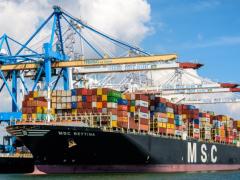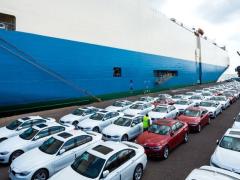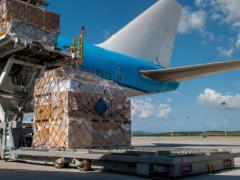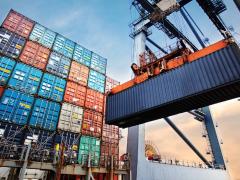While copper remains at the heart of Zambia’s mining strategy, the country is rapidly expanding investment in other key minerals. Several projects are emerging in rare earths, manganese, nickel, chrome, zinc, cobalt and lithium – positioning Zambia to play a broader role in the global energy transition. Duncan Bonnett, a partner at Africa House, said there was also growing emphasis on beneficiation, as Zambia recognises the need to move beyond simply exporting raw materials. “We’re seeing increased interest in setting up refineries, and manufacturing is another area that is starting to gain traction,” he said. “There’s a clear shift toward adding value locally and building out industrial capacity around the mining sector.” He said there were a number of large-scale projects in the energy minerals space already under way. In June, the country launched its first ‘Critical Minerals Potential of Zambia’ guide, which outlines both current and prospective resources across the country. Given the importance of critical minerals to the global energy transition, Zambia is aiming to position itself as a major supplier. Over the past few years, it has boosted production of minerals such as manganese and nickel, marking a significant step in building a diversified and resilient mining economy. According to Bonnett, copper continues to play a strategic role, with ongoing investment. One of the most notable is a cutting-edge project backed by Breakthrough Energy Ventures (BEV), the investment fund founded by Bill Gates. “They’re using AI-driven exploration methods, moving away from traditional approaches – and the size of the copper- bearing resource they’re targeting could be transformational,” said Bonnett. Operating under the name KoBold in Zambia, the company is expected to invest more than $2 billion in developing a new copper mine. One of the major challenges facing Zambia, however, is power. “With Lake Kariba practically drying up last year during a severe drought, the country experienced power outages of up to 16 hours a day,” said Bonnett. “A stable electricity supply is essential if Zambia wants to grow its mining sector.” While the lack of reliable power presents a serious obstacle, it also opens up opportunities. There has been a significant uptick in energy projects – particularly in the renewable space – as the country seeks more sustainable and self-sufficient solutions. Most mining houses were now actively investing in developing their own power sources to support operations and reduce dependency on the national grid, said Bonnett. “Zambia has a clear vision of where it wants to go and how to get there,” said Bonnett. “While copper prices are strong right now, the focus is on making the most of this period without becoming overly dependent on price spikes. The aim is steady, sustainable growth over the long term.” LV
Power supply an obstacle and opportunity
Comments | 0












